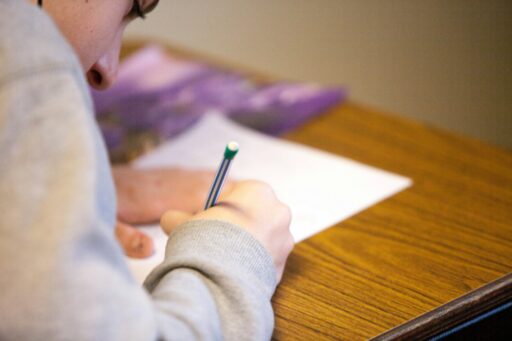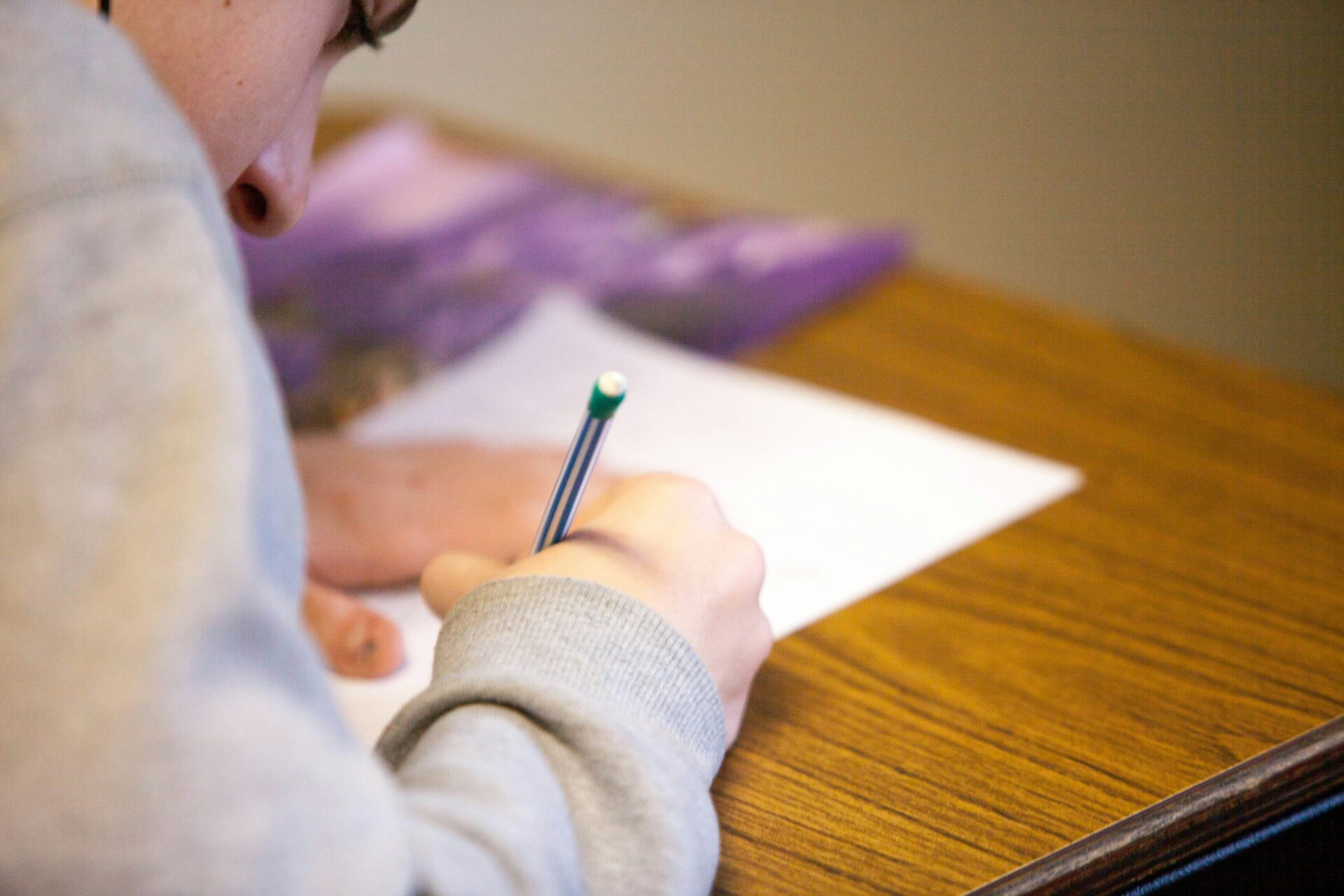FindTutors, a UK-based tuition platform operated by GoStudent, is encouraging students to embrace five simple habits that can ease pressure and help manage anxiety during the upcoming exam season.
With exams looming for thousands of pupils and students across the country, many are already feeling the effects of stress caused by the demands of revision and academic expectations. Despite greater awareness brought on by initiatives like Stress Awareness Month in April, effective stress-management remains a major concern.
A 2024 survey from the Association of School and College Leaders revealed that 77% of teachers have witnessed a rise in mental health struggles in their Year 11 students due to exam pressure. These findings align with NHS figures showing that referrals for child anxiety have more than doubled since the pandemic, reflecting a wider mental health crisis among Gen Z and Gen Alpha.
To support young learners and their families, Tiara Junanto, former teaching assistant and spokesperson at FindTutors, shares five practical strategies to help students navigate this stressful period.







